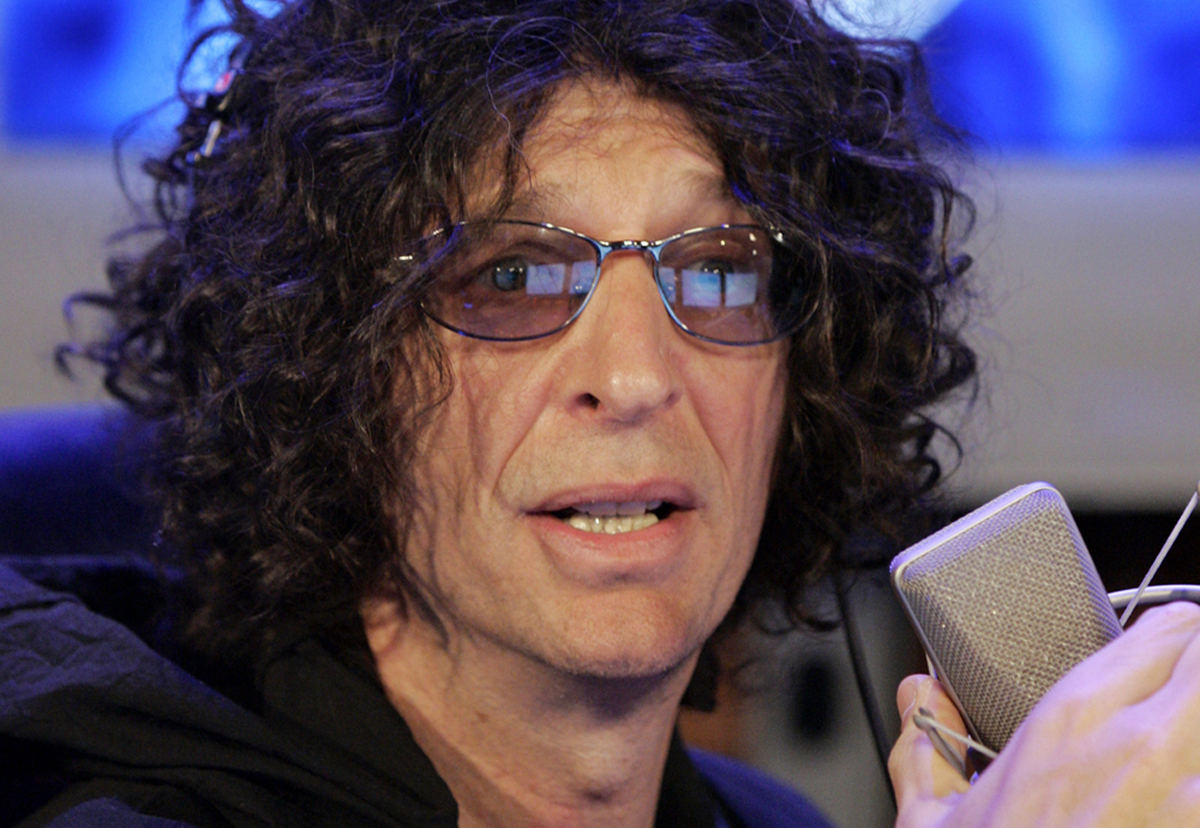
1. Howard Shows Genuine Interest Toward his Subject – When I listen to Howard, I get the sense that he is genuinely interested in truly getting to know his celebrity guests. He listens to what they have to say and asks additional questions based on what they have answered. I have heard him completely de-rail a line of questions, and go in a completely opposite direction based on some small tidbit of information about which a celebrity was forthcoming. This approach makes the subject feel as if Howard really wants to understand them, and allows them to drop their guard and feel trust in Howard even when on national radio. Lesson from Howard is to be genuine in your interest and delivery.
2. Howard Does his Research and Knows his Celebrity Guests – He seems to know the controversial issues that surround each subject before he begins. He knows about the standard stuff – their work, their relationships/marriages, their schooling etc. But, he also seems to know about fights they have had, deaths or trauma they have experienced, affairs they have been involved in, successes and achievements and finally their failures. This knowledge helps Howard build rapport with the individual before guiding the conversation in a direction where he can ask pointed questions about issues that are more emotionally charged. Lesson from Howard is to know your listener, make them feel supported and heard and then guide the conversation in the direction where more difficult questions are possible.
3. Howard Asks Great Questions, but Delivers them Using a Technique that Lowers an Individual’s Defences – Howard asks questions that are pointed and get to the “meat” of their life. However, the lead in to the question is done very carefully to allow the individual to lower their defences. In an interview with Melissa McCarthy recently, he said “everyone thinks that success comes over night, but it was a real struggle for you right? Tell me your story about how you got to this point…..” This type of question makes an individual feel special and different. It makes them feel like Howard is impressed with their accomplishments and wants to share with the world the “how to of overcoming adversity”. This lead-in allows the individual to feel supported rather than attacked and allows them to lower their defences to answer emotionally charged personal questions such as:
- Did you have fantasies of being successful when you were younger?
- How much are you worth?
- What do you do with your money?
- When you were single, what was your sex life like? What drugs did you do?
- Who is jealous of you? Who has hurt you professionally or personally?
Therefore, it is the lead-in to these questions that is the lesson we should learn from Howard – not the questioning itself. Any interviewer can ask pointed questions; but, it is the delivery of the question, that is the skill we should learn.
4. Howard Guides the Speaker Towards Open Dialogue by Showing Empathy – Howard asks questions about death, failure or trauma and truly shows empathy around these issues. A speaker will not be willing to share information with you unless they feel heard, understood and validated. Howard talks to the individual about how hard it must have been to get through that difficult time in their lives and asks them what helped them through the event, if anything. He also sometimes tries to find the “silver lining” with respect to the negative event. When interviewing Lady Gaga, she explained to Howard that she wrote the song “Edge of Glory” in honour of her grandfathers passing, to teach people to live life to the fullest, as you never know when you will pass. Lesson from Howard is to show empathy for an individuals’ plight and ask them to share what they have learned from the experience.
5. Howard is a Great Active Listener – Many interviewers will ask a question, and while the individual is speaking, instead of listening to their answer, they are reading their next question to themselves and getting ready in their mind to ask it. As a result, the only response they can make when the individual has concluded their answer is either “okay”,” uh huh”, or ask the next question, as they have not even heard the individual’s answer. Your brain cannot hear and process what an individual is saying while you are formulating your next thought. As such, it is important to be an active listener by hearing the speaker, processing their response and paraphrasing it back to them to show them you have heard them. This process is called Active Listening, a skill Howard has mastered. Lesson from Howard is to be truly engaged in what the speaker is saying and use your active listening skills so the speaker can feel heard.
Simone Friedman., M.A.R., CCC-SLP., Reg CASLPO
Speech-Language Pathologist



